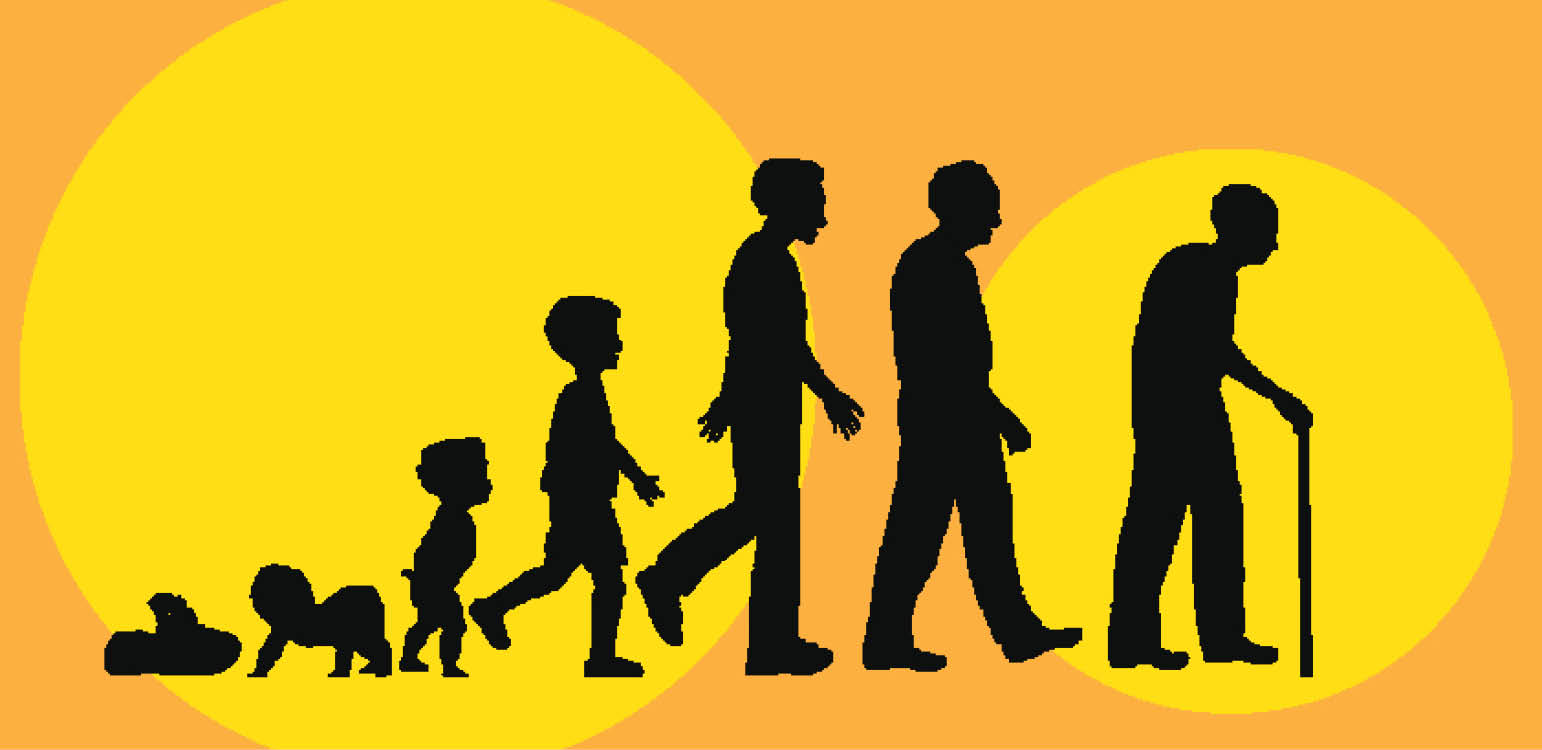Did you know that when toddlers are learning to walk they take on the average, 2,368 steps per hour? That’s not all, they also fall 17 times within the hour.
Why do the prattling feet insist on learning to walk even though they keep falling over and over again? This may be because walking is good for our brains and problem-solving.
- Malami: Prominent Nigerians financing terrorism will be prosecuted
NPA debacle: Hadiza Bala-Usman faces panel over N165.3bn ‘unremitted’ funds
It may also be the reason why robots have not yet mastered human-style walking, said the neuroscientist Shane O’Mara in his book, “In Praise of Walking.”
Further, the association between walking and creativity is well known. In 2014, Stanford researcher, Marily Oppezzo demonstrated that those who walked on a treadmill increased their creativity by up to 60% compared to those who sat down. Her groundbreaking work also showed that walking helps our creativity up to 30 minutes after the walk.
While Oppezzo did her research in a laboratory setting, other real-world studies agree with her findings. In a study by psychologist David Strayer at the University of Utah, those who took a creativity test after coming from four to six days of backpacking trip scored 50% higher than those who took the test before the trip.
“Writers for centuries have talked about why interacting with nature is important, and lots of people go on vacations,” says Strayer. “But I don’t think we know very well what the benefits are from a scientific perspective.”
But the neurosurgeon, Rahul, said that even 30 minutes walk is usually enough to make your creative juices flow. So you don’t need to go for a long hike.
Another real-world example is the story of the Irish mathematician Sir William Rowan Hamilton. He was working in the field of complex numbers but he was stuck. Fortunately, he had the habit of taking long walks. It was during one of those walks that he got the inspiration and quickly scratched this formula on a bridge with his penknife: i2 = j2 = k2 = ijk = –1
The formula is still fundamental to the study of complex numbers in three-dimensional space. To this day, mathematicians hold the “Hamilton Walk” every October 16.
Creative minds like Mark Zuckerberg and Steve Jobs are known for taking walks during breaks, wrote Richard Wiseman, author of “Shoot for the Moon.”
Muslims also have this opportunity to take short breaks from their work and walk to the mosque five times a day. Long walks are especially encouraged on Fridays according to many hadiths. But a good deal of Muslims don’t use this advantage.
So next time you hear the call for prayers, in addition to fulfilling a spiritual responsibility, also see it as an opportunity to jump-start the problem you’re working on by 60%.
An example of a Hadith that encourages long walks on Friday is in Jami` at-Tirmidhi, The Book on the Day of Friday:
Aws bin Aws narrated:: “Allah’s Messenger said to me: ‘Whoever performs Ghusl on Friday, and bathes completely, and goes early, arriving early, gets close and listens and is silent, there will be for him in every STEP he takes the reward of a year of fasting and standing (in prayer).’”
“The moment my legs begin to move, my thoughts begin to flow,” wrote Henry David Thoreau. William Wordsworth’s poem “Tintern Abbey” is said to have been written during a long walk. “Only thoughts reached by walking have value,” said Friedrich Nietzsche.
Walking is also good for the economy
Compared to staying in the car, for example, walking is superior by far. Economists have estimated that there is a negative correlation between the time you spend in the car and your economic productivity. This means that the longer you stay in the car, the lower your productivity.
Walking is social
The great American writer, Mark Twain, knew it. “The supreme pleasure” of walking, he wrote, “comes from the talk.”
I make phone calls to greet my parents, friends and relatives when taking my morning walk. When planning our start-up, I used to call my friend who lives in Canada during my walks. During those hour-long strategy sessions, we developed beautiful ideas that allowed us to successfully pivot the original business ideas.
Even science agrees. “One study found that elderly people who walked for around 150 minutes each week were more socially active; they also had higher levels of well-being compared to elderly people who walked less, ”Blinkist wrote in its summary of the book “In Praise of Walking.”
It continued: “Walking is also a crucial step in young children’s social development – once they can walk, they both play and vocalize a lot more.”
Even some solo walks are social in their essence. If you examined pilgrimages, for example, you would see the social bond shared among people of the same faith. There exists a deeper sense of solidarity. Also, walking in a group has been shown to cause a psychological high. Marching in protest, for example, charges you up – at least for a short time.
Also, when we walk to the mosque during our five daily prayers, we connect and socialize with neighbours. We ask them, for instance, about their children and follow up on a previous discussion.
Walking changes our personality for the better
“Walking is the best medicine,” said the ancient physician Hippocrates. I agree with author Share O’Mara who said inactivity sours our mood. But a walk can set it right.
One study said that we can lower future cases of depression by around 12 per cent if we all spend one hour a week engaged in physical activity.
Additionally, a study in the UK indicated that touring natural settings, like the countryside or green areas leads to individuals experiencing the feeling of mentally “restored.”
So walking is good. But walking in open spaces is better. A study in Canada asked people to walk the same distance through two different routes. One group walked by the riverside, while the other group walked in a tunnel. Subsequently, the researchers asked them to rate their moods. Results showed that those who walked outside scored significantly higher.
So for Muslims, there are spiritual rewards for walking to visit the sick, to a school, to the mosque and trekking during the pilgrimage. And for the rest of humanity, walking helps our mood, helps us solve problems and even improves memory. So when you encounter another knotty issue, instead of saying I will sleep on it, why don’t you say “I will walk on it”?
Dr Ibraheem Dooba is the author of “The Social Science of Muhammad (SAW)”

 Join Daily Trust WhatsApp Community For Quick Access To News and Happenings Around You.
Join Daily Trust WhatsApp Community For Quick Access To News and Happenings Around You.


